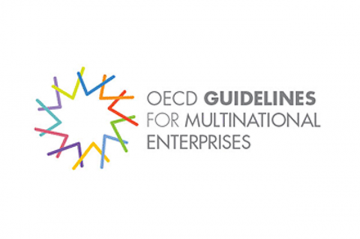
On March 5, 2024, the European Parliament and the Council of the European Union reached a “political agreement” on a Regulation prohibiting products made with forced labour (“the EU Forced Labour Regulation” or “the EUFLR“) on the European Union (“EU“) market (see Insight of 6 March 2024 hhttps://www.mayerbrown.com/en/insights/publications/2024/03/eu-political-agreement-on-forced-labor-product-ban).






